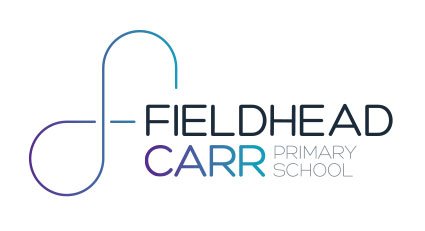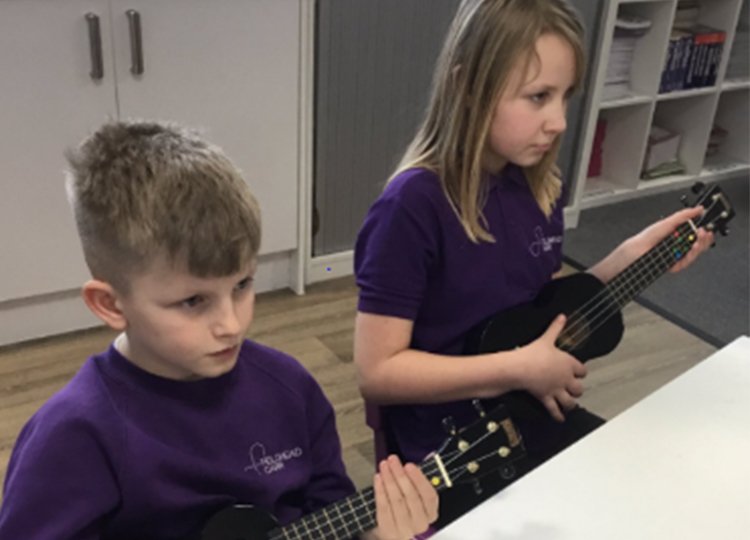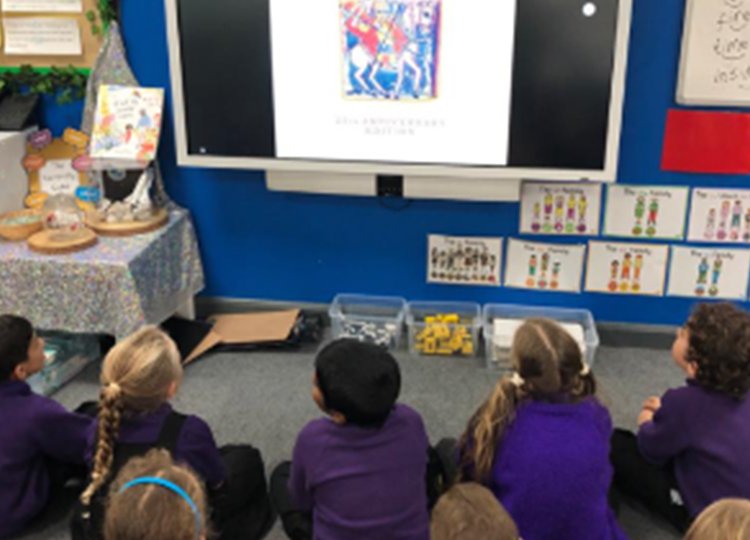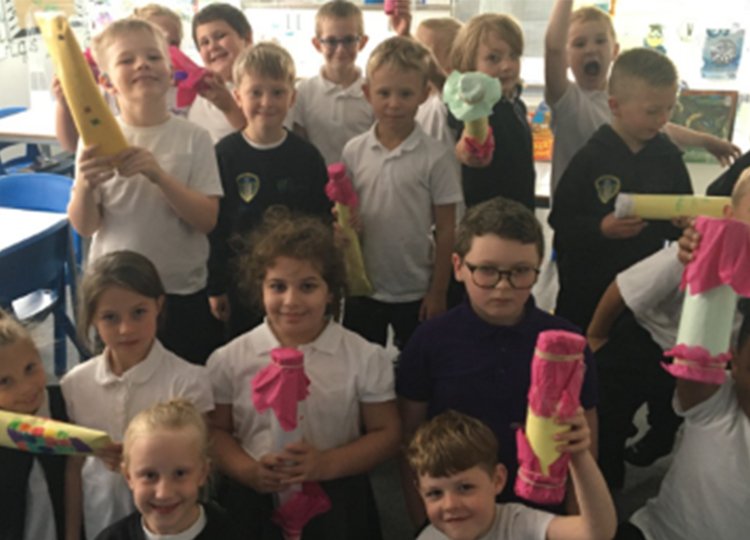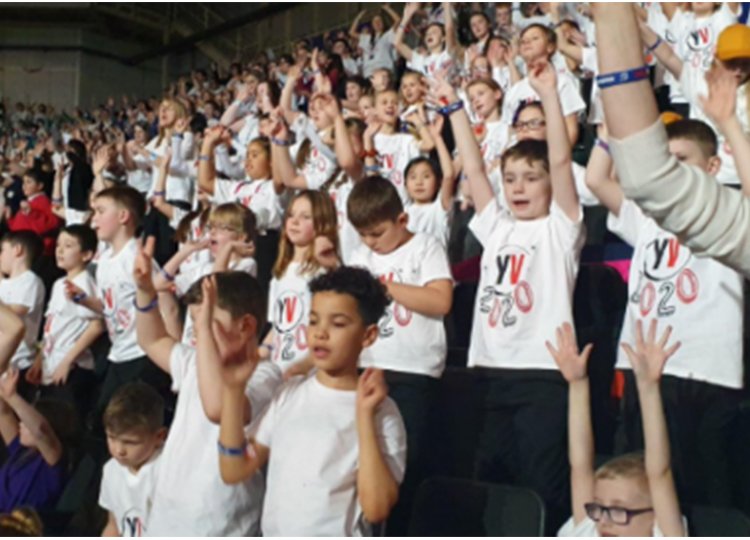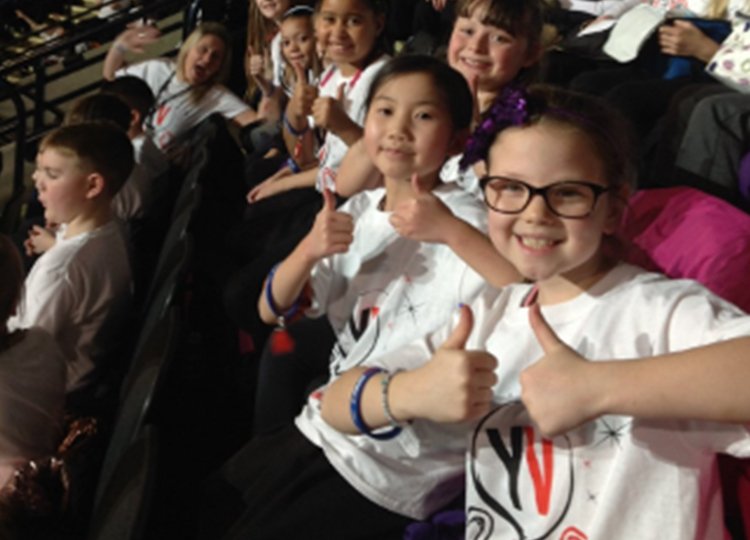Music
What does Music at Fieldhead Carr look like?
The Music curriculum at Fieldhead Carr Primary School aims to engage and inspire pupils to develop a love of music and their talent as musicians, helping to increase their self-confidence, creativity and sense of achievement. As the children progress throughout FHC they will develop a critical engagement with music, allowing them to compose, and the listen with discrimination to the best in the musical canon.
At FHC we value music because it is a unique and powerful form of communication that can change and impact the way children feel, think and act. We believe that teaching music helps the body and the mind work together. We believe that every child should have the opportunity to develop their musical potential and we aim to nurture and encourage musical development across the school.
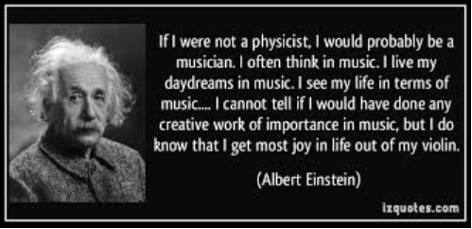
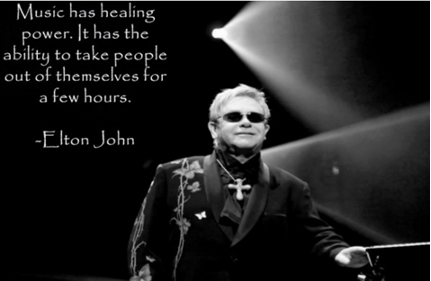
Music Skills Curriculum
At FHC we teach the majority of the curriculum though a scheme called Charanga. This helps achieve the three main aims of the national curriculum:
- perform, listen to, review and evaluate music across a range of historical periods, genres, styles and traditions, including the works of the great composers and musicians
- learn to sing and to use their voices, to create and compose music on their own and with others, have the opportunity to learn a musical instrument, use technology appropriately and have the opportunity to progress to the next level of musical excellence
- understand and explore how music is created, produced and communicated, including through the inter-related dimensions: pitch, duration, dynamics, tempo, timbre, texture, structure and appropriate musical notations.
Charanga
Charanga is a scheme which provides teachers with week-by-week support for each year group in school. In line with the curriculum for music and guidance from Ofsted, Charanga moves away from the previous levels and learning objective concepts to an integrated, practical, exploratory and child-led approach to musical learning.
Charanga comprises the strands of musical learning which correspond with the national curriculum.
- Listening and Appraising
- Musical Activities
-
- Warm-up Games
- Optional Flexible Games
- Singing
- Playing instruments
- Improvisation
- Composition
- Performing
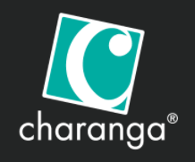
Here is our overview for all year groups following the Charanga scheme:
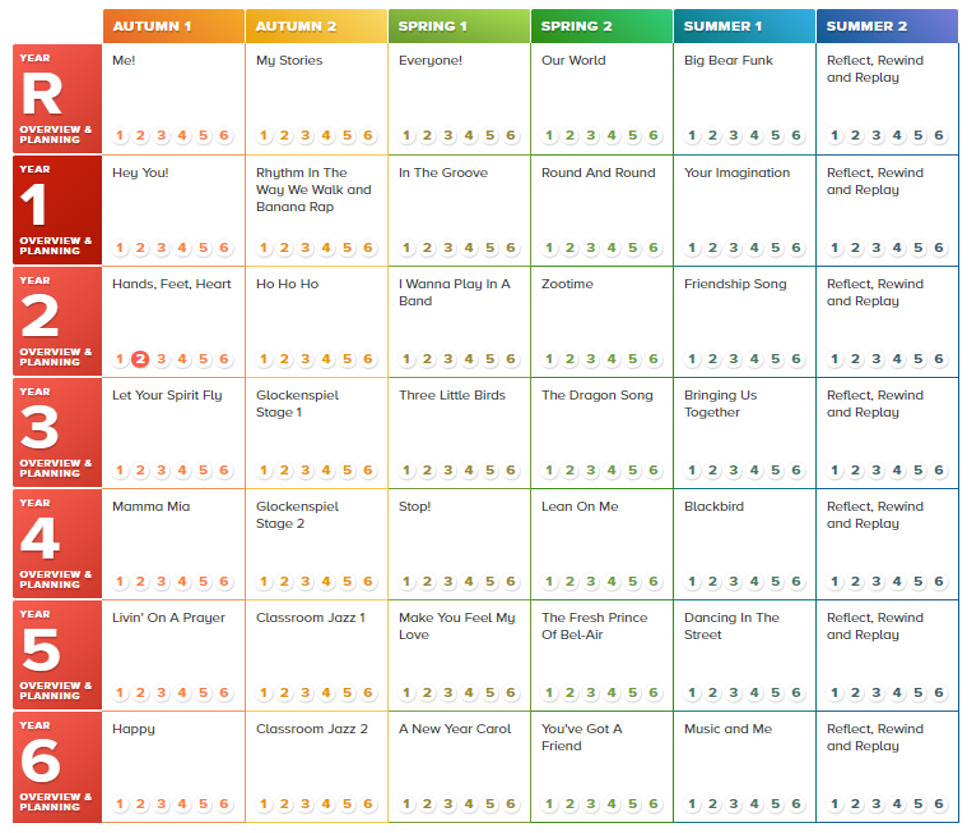
Music Appreciation Curriculum
What is Music Appreciation?
Within each class the children listen to a piece of music daily based upon the artist, genre, musical or film they are focusing on that half term. Having listened to the song the children will discuss their thoughts and feelings with friends and teachers. Children then, will be encouraged to explain why they like or dislike a piece of music and record their favourites in a journal to refer back too.
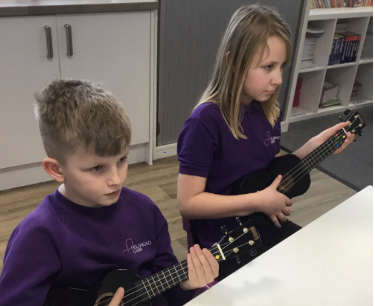
Rationale for our Music appreciation curriculum:
Our children often access music on their phones and listen to it in isolation. They are finding some inspiration on Tiktok and the like but this often means they are sticking with one genre of music- in most cases in KS2- Grime.
Our children are also not necessarily exposed to parental choices in music as much as they would have done historically as that too is often phone/individual device based and so they are not routinely getting the chance to ‘love’ something out of their chronological experience.
We would like to give them the chance to experience a wide range of music simply for the pleasure of hearing it. The point is to allow them to form an opinion on music, love it or hate it. Feelings of ambivalence and tolerance. We want them to experience music widely enough that they begin to develop a ‘personal musical landscape’.
To achieve this:
- Children will listen to one piece of music every day in class as a team
- They will chat about it with their friends and teachers
- They will be encouraged to explain why they like or dislike a piece
- They will be given a chance to record in a journal the songs they really love- so they can refer back to it or look for it in their own time (format to vary appropriate to age group)
- Singing assemblies will teach children songs from a wide range of sources
- Singing will take place in every assembly
- Music performance will be encouraged either through children taking part in events and activities like ‘Young Voices’ or through visiting artists
- Children will be given the chance to add songs they love to the assembly music so that they can share to with the other classes
